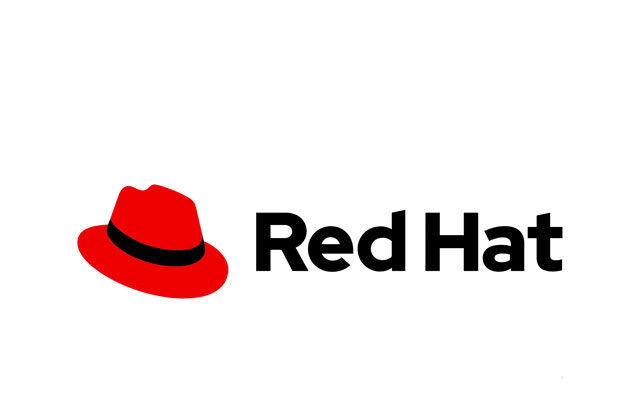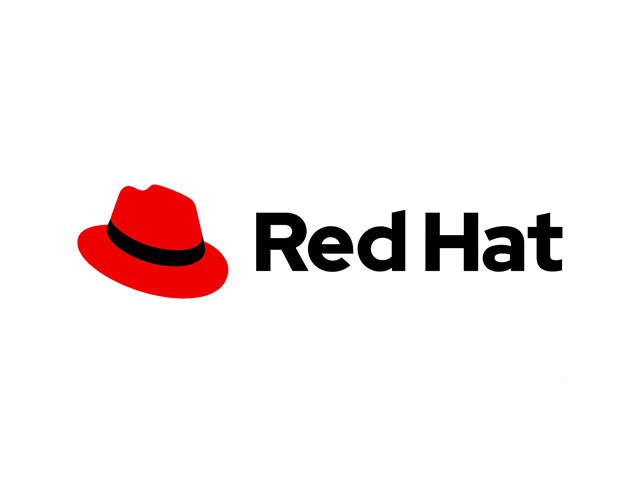Configure, manage, and troubleshoot OpenShift clusters and containerized applications
Red Hat OpenShift Administration II: Operating a Production Kubernetes Cluster (DO280) prepares OpenShift Cluster Administrators to perform daily administration tasks on clusters that host applications provided by internal teams and external vendors, enable self-service for cluster users with different roles, and deploy applications that require special permissions such as such as CI/CD tooling, performance monitoring, and security scanners. This course focuses on configuring multi-tenancy and security features of OpenShift as well as managing OpenShift add-ons based on operators.
The skills you learn in this course can be applied using all versions of OpenShift, including Red Hat OpenShift on AWS (ROSA), Azure Red Hat OpenShift (ARO), and OpenShift Container Platform.
This course is based on OpenShift Container Platform 4.12.
LEARN HOW TO:
- Deploy packaged applications using manifests, templates, kustomize, and helm.
- Configure authentication and authorization for users and applications.
- Protect network traffic with network policies and expose applications with proper network access.
- Deploy and manage applications using resources manifests.
- Enable developer self-service of application projects.
- Manage OpenShift cluster updates and Kubernetes operator updates.
SKILLS ASSESSMENT
Utilize o diagnóstico de competências para descobrir quais as oportunidades de formação que mais se adequam a si, ou à sua equipa.
Objetivos
for the organization
This course is intended to develop the skills needed to manage Red Hat OpenShift clusters and support containerized applications that are highly available, resilient, and scalable. Red Hat OpenShift is an enterprise-hardened application platform based on Kubernetes that provides a common set of APIs and abstractions that enable application portability across cloud providers and traditional data centers. Red Hat OpenShift adds consistency and portability of operational processes across these environments and can also be deployed as a managed service. A Red Hat SRE team shares the responsibility of managing Red Hat OpenShift clusters with a customer’s IT operations team when using a managed OpenShift offering such as Red Hat OpenShift on AWS (ROSA) or Azure Red Hat OpenShift (ARO).
for the individual
As a result of attending this course, students will be able to perform the set of tasks that OpenShift cluster administrators are expected to perform in their daily jobs for on-premises, cloud-based, and vendor-managed clusters, including enabling add-on operators. Students will also be able manage multi-tenant permissions for different roles and configure applications that require privileged access to cluster and host resources.
Destinatários
- System Administrators and Platform Operators interested in the ongoing management of OpenShift clusters, applications, users, and add-ons.
- Site Reliability Engineers interested in the ongoing maintenance and troubleshooting of Kubernetes clusters.
- System and Software Architects interested in understanding the security of an OpenShift cluster.
Pré-Requisitos
- Take our free assessment to gauge whether this offering is the best fit for your skills.
- Prerequisite: Red Hat OpenShift I: Containers & Kubernetes (DO180), or equivalent skills deploying and managing Kubernetes applications using the OpenShift web console and command-line interfaces.
Programa
- Declarative Resource Management
- Deploy Packaged Applications
- Authentication and Authorization
- Network Security
- Expose non-HTTP/SNI Applications
- Enable Developer Self-Service
- Manage Kubernetes Operators
- Application Security
- OpenShift Updates
Declarative Resource Management
- Deploy and update applications from resource manifests that are parameterized for different target environments.
Deploy Packaged Applications
- Deploy and update applications from resource manifests that are packaged for sharing and distribution.
Authentication and Authorization
- Configure authentication with the HTPasswd identity provider and assign roles to users and groups.
Network Security
- Protect network traffic between applications inside and outside the cluster.
Expose non-HTTP/SNI Applications
- Expose applications to external access without using an Ingress controller.
Enable Developer Self-Service
- Configure clusters for safe self-service by developers from multiple teams and disallow self-service if projects have to be provisioned by the operations staff.
Manage Kubernetes Operators
- Install and update Operators that are managed by the Operator Lifecycle Manager and by the Cluster Version Operator.
Application Security
- Run applications that require elevated or special privileges from the host Operating System or Kubernetes.
OpenShift Updates
- Update an OpenShift cluster and minimize disruption to deployed applications.


